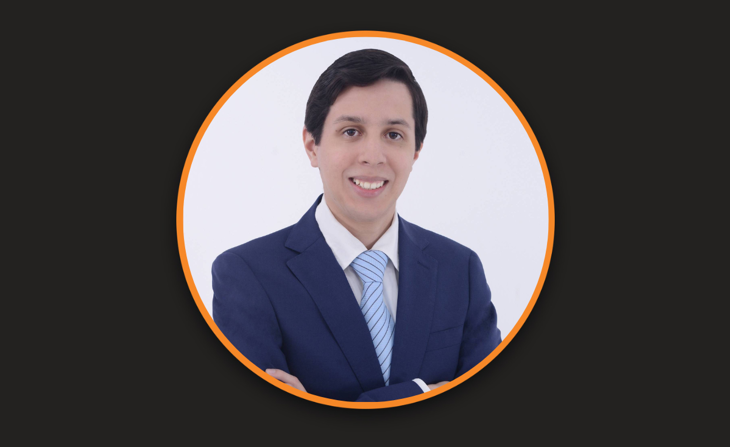
Jose Carlos Justo: In recent years, especially in our region, insurance companies continued to amplify social relations.
One of the reasons that we're implementing this investment process is because it also mitigates investment risks as the most significant risks are associated with inappropriate ESG interfaces.
"Another area of growth is outsourcing of the investment portfolio."
The value of an asset is correlated to tolerance to the regulation followed by the expected growth. These are the backbones of the market such as infrastructure, and real estate. This is because inflation has been increasingly strong so real assets’ value have increased in the last year.
Additionally, another area of growth, especially in Latin America, is outsourcing of the investment portfolio. This portfolio is given to us with differentiated methodologies and capabilities, and it can achieve better performance. Among the classes that are most considered for outsourcing are alternative funds and US corporate fixed income.
Jose: Definitely. We have energy companies that are operating in the Amazon region, and they tend to impact the environment and the communities of people that are currently living next to the operations. So, for many years, they’ve been thinking about these impacts that they are generating on these people and ESG is currently part of a lot of conversations with the government and also with our regulators. They are trying to implement more of these ESG practices in their operation.
Jose: It’s something that insurance companies are very focused on in Peru because ESG factors are essential for the risk assessment of insurance assets and liabilities.
On the liability side, the environmental factors have a more significant impact on P&C in the short term, because these factors increase the risk of floods, fires, and pollution. That means insurance, which is guaranteeing a population long-term, is seeing the impact of these environmental changes.
"Peruvian companies will be expected to become more
involved in sustainability issues."
On the asset side, a lot of research shows that ESG factors can be used to select good stocks such as companies with good corporate governance and that they will be more successful and less likely to make mistakes. In the case of the local market, the Lima Stock Exchange - in alliance with S&P Dow Jones Indices - launched the S&P General ESG Index to promote transparency and implement sustainable business practices in the local companies that are important in the Peruvian stock market. This was because ESG criteria are now a fundamental part of the investment processes of local and foreign investors.
Peruvian companies will be expected to become more involved in sustainability issues with more and more companies using this index to grow their ESG commitments, which are already above the average for the Latin American region.
Jose: Because of the impact that these companies are making on the environment, and also because the criteria are going to mitigate these investment risks if you take these ESG criteria into the investment process. We have to be responsible with the money that we are giving to some companies that are not taking care of these ESG factors.
"An investor that considered ESG criteria is likely to invest your
money in this company because they are responsible for the environment."
Jose: Companies are currently improving their ESG score and practices. There are more companies trying to implement these into their operation. So, an investor that also considered these ESG criteria is most likely to invest your money in this company because they are more responsible for the environment.